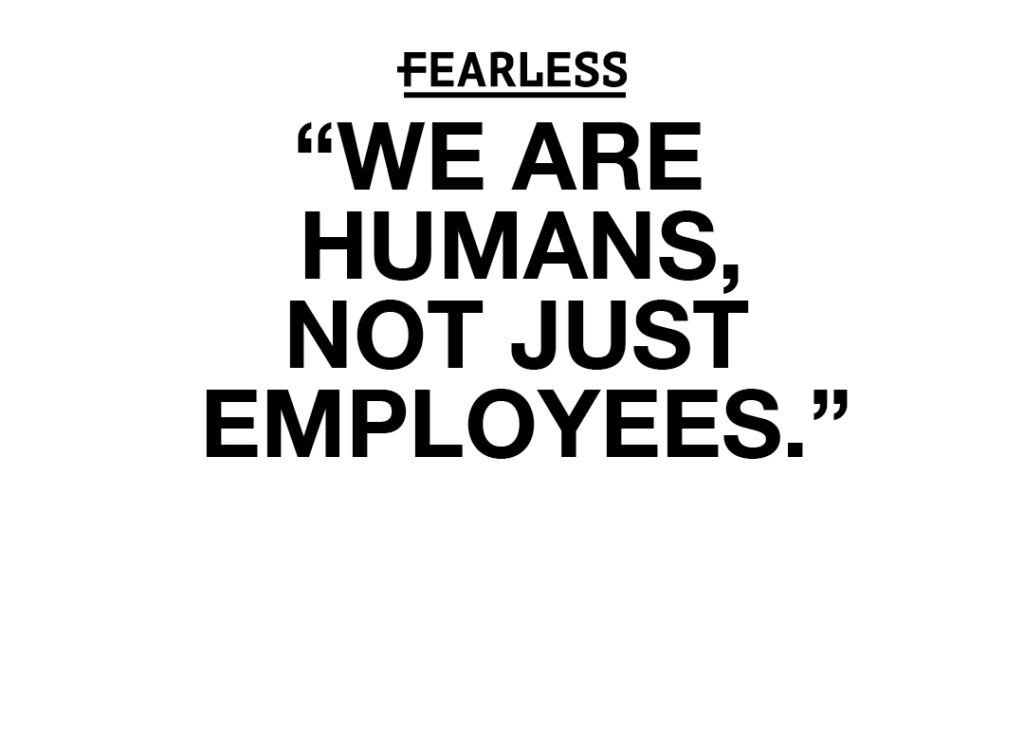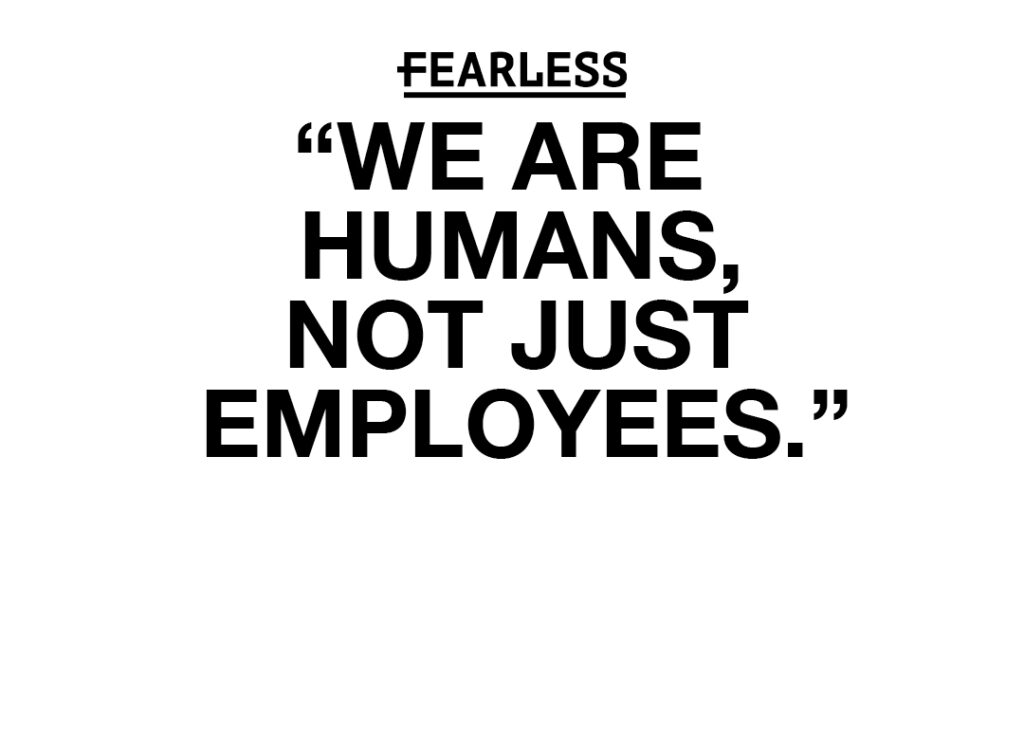Elbert Files: Our game-changing economy

DAVE ELBERT Nov 28, 2018 | 5:22 pm
3 min read time
607 wordsBusiness Record Insider, Opinion, The Elbert FilesIf you’re an investor and don’t have vertigo by now, you clearly haven’t been paying attention, because this year’s stock market has had more peaks and valleys than Wyoming’s Grand Teton mountains.
With the election over and the 2020 Iowa caucuses not quite started, I’m trying to figure out what happened to the economy this year.
For investors, the answer is a lot. And not much of it was pretty.
I’m writing this a few days before Thanksgiving on a day when the major stock market indexes are barely above where they began the year.
But by the time you read this, that may no longer be true. Three times this year, the indexes have gained and lost 8 to 10 percentage points, sometimes hitting both a peak and a valley in as few as four weeks.
What is true is that our 10-year-old economic recovery is edging toward a close. Whether it goes down with a bang or a whimper is anyone’s bet, although at this point a whimper seems more likely.
So let me tell you what I do know, or at least what the smartest economist I know knows.
That would be James Paulsen, a fellow Iowa State graduate I’ve known for most of his career. He’s a frequent guest on cable network business shows and writes a newsletter for the Leuthold Group in Minneapolis.
In the past month, Paulsen has written eight newsletters on topics as varied as inflation, productivity and the demise of fundamentals.
Most have a similar theme.
“With little fanfare, the investment climate has changed significantly in the last year,” Paulsen noted in one missive.
One important change is that by the end of this year many of the policies and incentives that had helped pump up profits will have dissipated.
The psychological benefits of federal tax cuts are playing out at the same time that the impacts of more austere monetary and fiscal policies are beginning to be felt.
Slower growth of the money supply in the United States and around the world will make it more difficult for businesses here and abroad to grow, Paulsen wrote.
He also noted that a decades-long relationship between small-cap and large-cap stocks appears to be broken.
In the past, he wrote, investors could profitably move from small-cap to large-cap stocks, or vice versa, depending on the direction of inflation winds. That’s because when inflation increased, smaller operations, which tend to be more agile, performed better. When inflation waned, the reverse was true, and larger businesses were more likely to post higher profits.
But those trends are gone, and neither small nor large businesses appear to have an edge in the inflation environments we’ve seen during the past decade, Paulsen wrote.
In a newsletter titled “It Only Takes A Little Inflation …” Paulsen noted that even small increases in inflation can produce bad results in the stock market. And as we now know, the growing federal deficit and full employment are fueling a new round of inflation.
Today, Paulsen noted, there are more job openings than there are unemployed people, which is good if you are a wage earner. In fact, it’s helped spur long-overdue wage increases, with the average annual bump in pay for hourly workers climbing a full percentage point in the past year to more than 3 percent.
But while inflation increases workers’ pay, it has investors worried.
Too much inflation, Paulsen noted, is not good for anyone. It crowds out advances in productivity, which is what keeps the economy growing.
“Solving the productivity puzzle,” he concluded, “appears to be the most important economic challenge facing the U.S. economy.”









